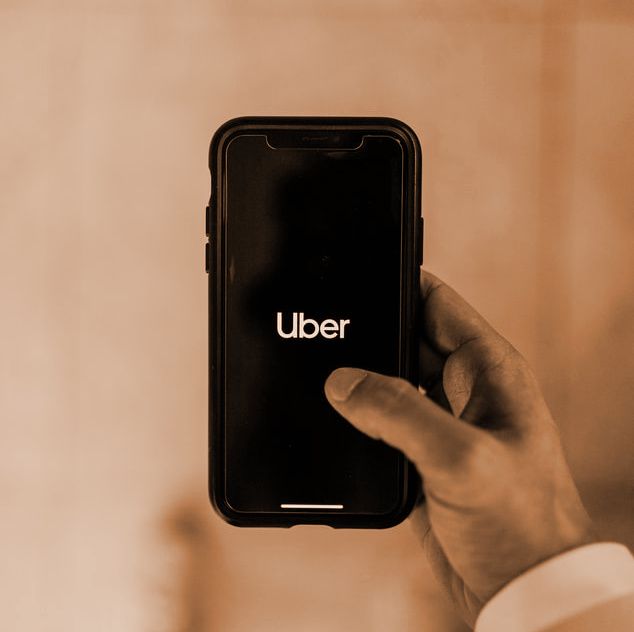Assembly Bill 5 ("AB5"), more popularly known as the "gig workers bill", was signed by Governor Gavin Newsom on September 8, 2019, and took effect on January 1, 2020. In short, this bill enforces stricter requirements on classifying workers as "independent contractors" versus "employees". These requirements expand on the ruling set forth in Dynamex West Operations, Inc. v. Superior Court of Los Angeles which involved two drivers filing a class action suit against their employer for misclassifying them as independent contractors instead of employees.
Specifically, AB5 codifies the ABC Test which arose from the ruling set forth in Dynamex v. Superior County. The ABC Test is a three-pronged test that differentiates an employee from an independent contractor. A worker is an independent contractor if
- the worker is not under the direct control of the hiring entity in connection with their work performance
- the worker is performing work that is outside the scope of the company's typical business, and
- the worker is engaged in an independently established trade or business.
When a worker meets the above requirements, they are not to be presumed as an employee nor are they under the control of an employer. Enforcing this three-pronged test has caused many businesses to reclassify their employees and change their entire business operation.
What disadvantages do workers face with AB5?
The most notable disadvantage workers face under AB5 is their revoked flexibility. As an independent contractor, a worker has a significant amount of flexibility within their work schedule. Contrary to being classified as an employee, an independent contractor has the freedom to say when and where they will be working. For many workers, this flexibility is one of the reasons they decided to sign on with companies such as Uber, Lyft, and DoorDash. When independent contractors are forced into the employee classification they are under the direct orders of the company. The flexibility and freedom that originally appealed to the app-based workers are revoked when they transition to employee status.
What advantages do workers gain with AB5?
Although workers lose flexibility, they gain stability in being reclassified as employees. As an employer with employees, employers are forced to pay workers minimum wage, offer benefits and paid leave, and reimburse workers for expenses. Employees are unable to say when and where they will work, but they are entitled to a reliable income and benefits that may protect them during uncertain times. Being classified as an employee gives the worker job security and a more reliable source of income. Further, they become eligible for health insurance and paid leave which is unavailable to independent contractors.
How does AB5 affect companies?
App-based companies such as Uber, Lyft, and DoorDash have been the most vocal about their opposition to Governor Newsom passing AB5. These app-based companies have grown exponentially through the use of independent contractors. These independent contractors have made their own schedules while using their own vehicles and resources which has allowed the companies to maintain a smaller bottom line. Companies would need to enforce working hours for their workers and provide reimbursement for all work-related materials. Many of these companies have explained how increasing their worker's pay to minimum wage and reimbursing their workers for materials may cause bankruptcy or cause their prices to increase and the customer would incur a greater charge.
What pushbacks arose from AB5?
In response to AB5, California Proposition 22 was on the ballot on November 3, 2020. The proposition was an initiative to define app-based workers and delivery drivers as independent contractors and allow companies to adopt their own labor and wage policies. Each of the companies, Uber, Lyft, and DoorDash contributed around $50 million to funding campaigns that wanted to pass AB 5 without compromising app-based companies. Ultimately, Yes on Proposition 22 was the highest-funded initiative in California's history with a collective total of $202.97 million. The bill has since passed (58.63% voted Yes) and enacted labor and wage policies that are specific to app-based drivers.
Although Governor Newsom signed AB5 with the intention of creating an equal opportunity for independent contractors to have access to a fair wage and benefits, Proposition 22 prevailed in providing exceptions for app-based companies. Companies like Lyft, Uber, and DoorDash are still able to hire workers as independent contractors but under newly enacted labor and wage policies.
K&D Hires New Litigation Associate
The Best Way To Resolve A Lawsuit
Krogh & Decker, LLP, Business Attorneys (916) 498-9000 or www.kroghdecker.com/contact

